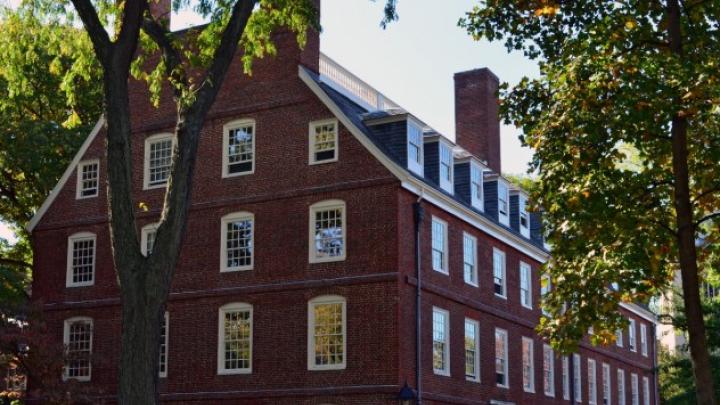Harvard and seven other Massachusetts universities have filed a friend-of-the-court brief in Louhghalam v. Trump, one of the lawsuits challenging President Donald J. Trump’s executive order banning travel and immigration from seven predominantly Muslim nations.
The lawsuit, filed by the American Civil Liberties Union of Massachusetts, is broad in scope, calling for a full repeal of the executive order. Harvard and other universities argue in the amicus brief that the ban threatens their academic mission: “Over the course of the past week, amici institutions have seen their students stranded abroad and their faculty members prevented from travelling to and from foreign countries. Scholars based abroad have expressed a determination to boycott academic conferences in the United States, and potential faculty recruits have expressed serious doubts about teaching at amici’s schools. These consequences undermine amici’s bedrock commitment to serving the Commonwealth of Massachusetts, the United States, and the world through innovative teaching and research...[I]t is essential that our commitments to national security not unduly stifle the free flow of ideas and people that are critical to progress in a democratic society.” Read the full text of the brief here.
“As the court considers the legal challenge to the executive order, we thought it important to have our voice heard about the significant impact the executive order has had—and will have—on Massachusetts colleges and universities,” said Robert W. Iuliano, senior vice president and general counsel for the University. “The brief provides concrete illustrations of the importance of international students and scholars to our mission and the tangible consequences of the executive order on members of our community and to Harvard as a whole.” Early this week, University president Drew Faust wrote a letter to the Harvard community, titled “We Are All Harvard,” criticizing the travel ban on similar grounds.
The other institutions signing the brief were Boston College, Boston University, Brandeis, MIT, Northeastern, Tufts, and Worcester Polytechnic Institute.
Louhghalam was originally filed on January 28, the same day Trump signed the executive order, and resulted in a temporary stay preventing the enforcement of the order for a week.








